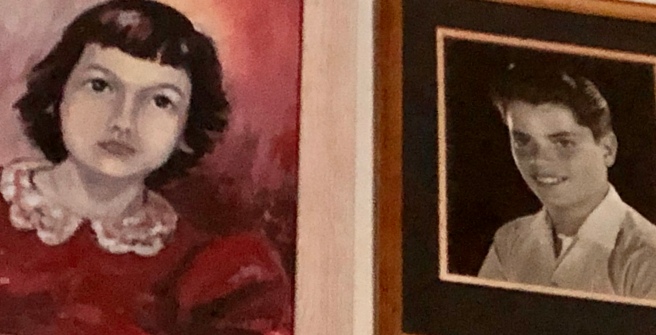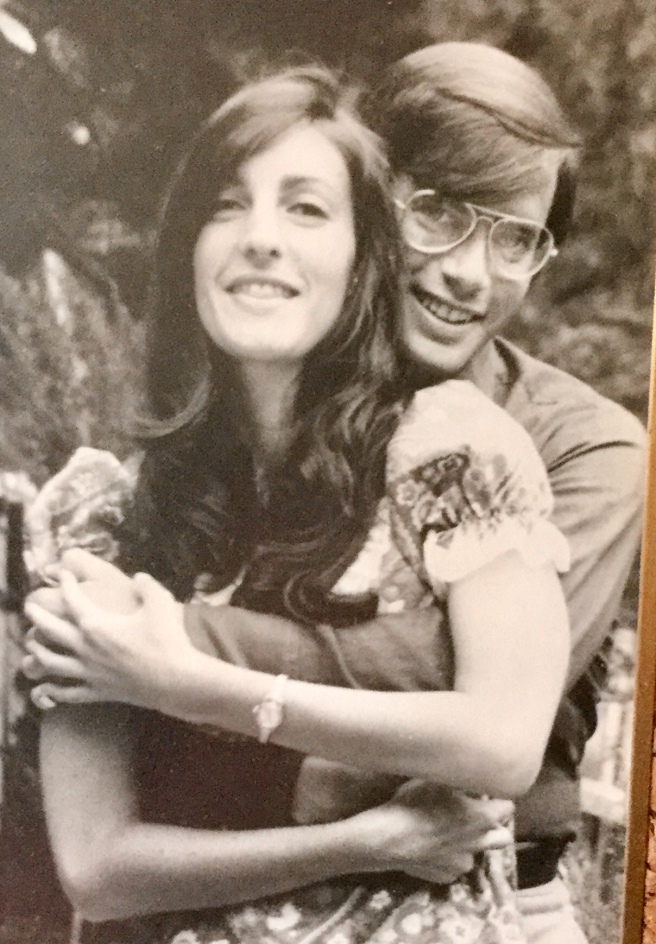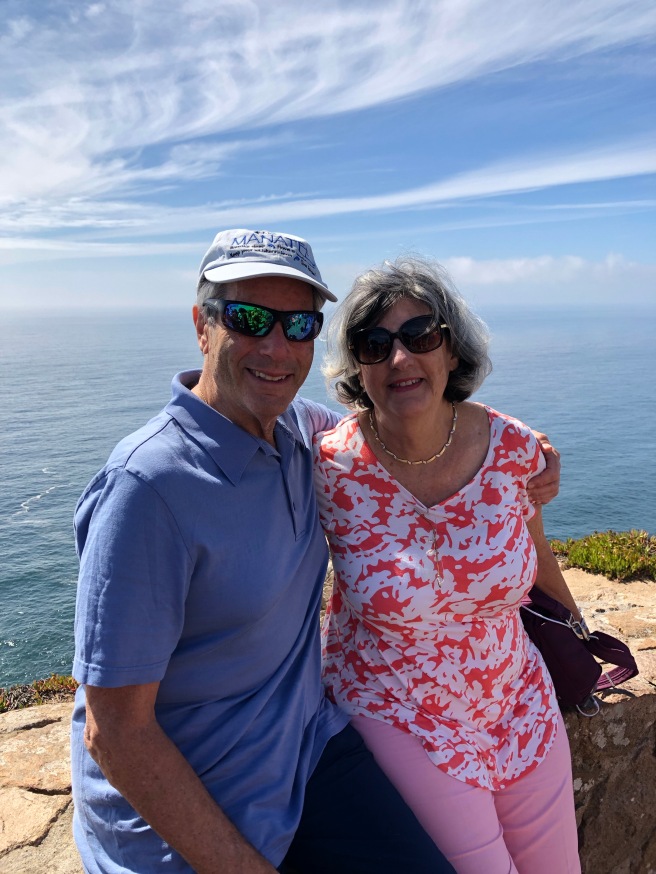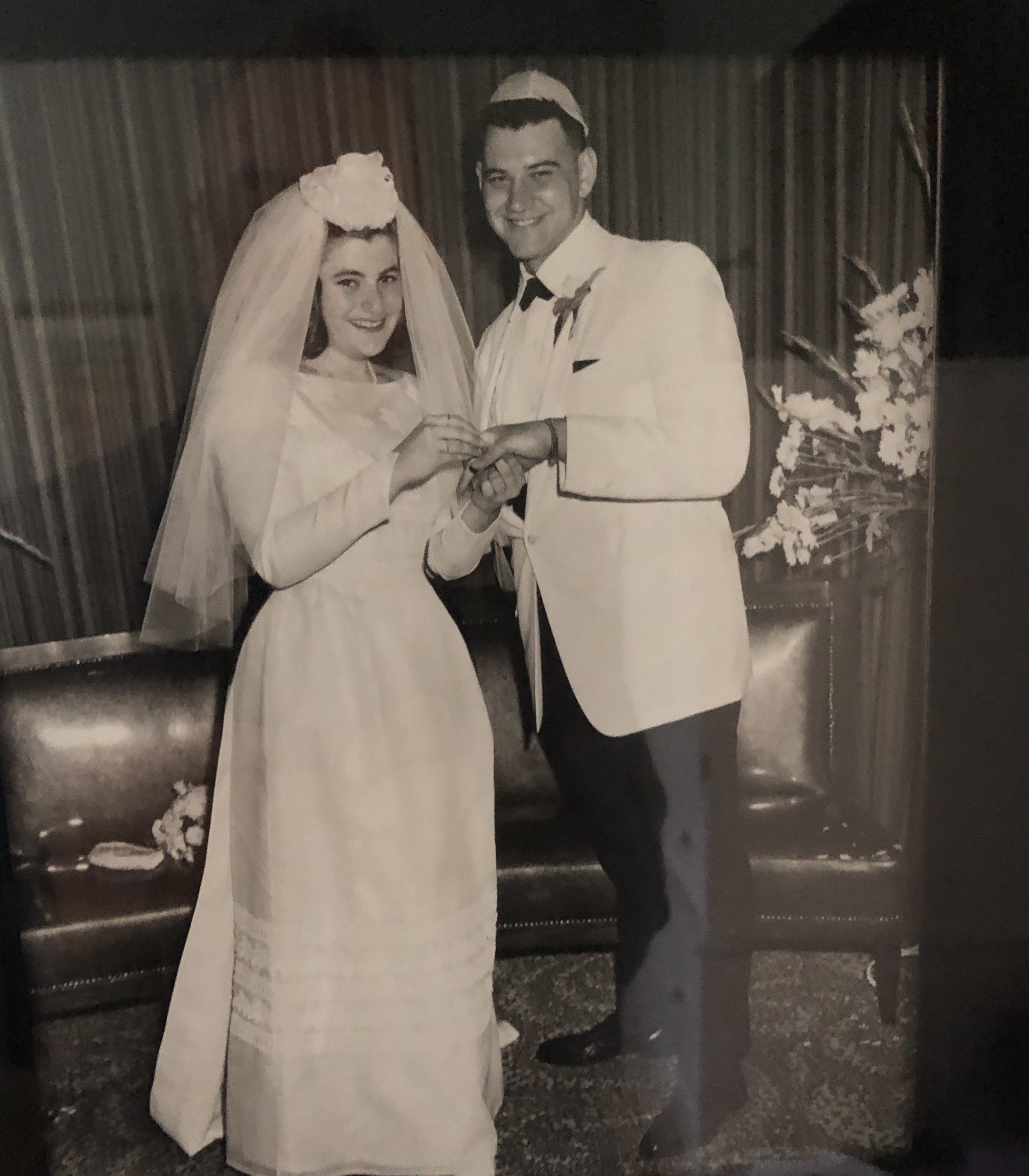The anguish over recent events—wanton murders, peaceful protests sometimes turned violent – has bought cries of despair from several quarters. Voices proclaim, “We are back at the beginning. It is as though all the progress we made in the 60’s and 70’s was for naught.”
Make no mistake: We are not back at the beginning.
- At the beginning the Minneapolis police officers who murdered George Floyd would not be facing murder and manslaughter charges.
- At the beginning they would not have even been fired.
- At the beginning no one would have recorded the knee on the neck of George Floyd.
- At the beginning it would not have been broadcast worldwide.
- At the beginning the world would not have risen up in outraged protest.
When I was a kindergarten student in East Orange, New Jersey, in 1951, my recess play partner was usually an African-American named Dickie Harvest. We had a great time throwing an orange, volleyball size ball back and forth in the Ashland School playground. We went to each other’s birthday parties, and we played in each other’s homes.
But even then I was aware that most of the other White kids and Black kids kept to themselves. I was also aware that schools in the south were segregated, and people of color there were forced to stay in separate hotels, eat in different restaurants, drink from separate water fountains and ride in the back of the bus.
In my kindergarten naiveté I asked my Dad, “Why don’t they just make a law that all people everywhere must be treated the same in all things?”
My Dad responded, “That would be a wonderful thing, my son, but that day will never come.”
I don’t remember when Jackie Robinson broke baseball’s color line, but I do remember when Elston Howard became the first African American player on the New York Yankees. Back then when all players had roommates at hotels on road trips, Elston Howard had a room by himself.
Those days are distant memories. We are quantum leaps forward from “back at the beginning.”
Times have changed enough so that we can envision the day I asked my Dad about as a child. Our profound rage and sorrow over events of recent weeks should not lead us to despair. The perpetrators will answer for their crimes. Their cases will come to justice.
Of course these things should never have happened, and we as a nation must live with the reality. That reality is not that we are back at the beginning. That reality is that we still have such a long, long way to go.
Where should we start?
Recently we read from the Torah about the vows taken by Nazirites. The restrictions seem strange:
- No haircuts
- No wine
- No contact with the dead.
As strange as they seem these outside the box activities enabled the two known life-long biblical Nazirites, Samson and Samuel, to better fight the Philistines and lead the Israelites respectively.
Maybe we need to think outside the box as well in the fight for racial justice.
Our rabbinical student son, Leo Fuchs directed me to the Twentieth century philosopher Emmanuel Levinas who taught: “God’s face is found in the face of the Other – the face of the one who disturbs us and make us feel that we should do something.”
When asked recently why he joined a protest march, Rabbi Adam Schaffer of Woodland Hills California, responded, “Just trying to do my small part to bend the proverbial arc of history just a little.”
If we all do just a little, we could end up doing a lot.
Many of us have long thought of ourselves as allies and partners in the struggle of People of Color for equal justice, equal access and equal opportunity. No doubt we have been. But these times call for more.
To be sure we are not at the beginning, but we are at a fork in the road.
Perhaps if we look deeply into the “face of the other” and listen closely to their words, we shall see the path God would have us follow as we continue the sacred march toward liberty and justice for all.





 June 7, 2020 –
June 7, 2020 –